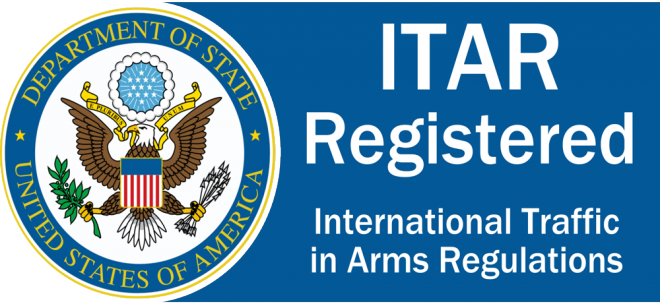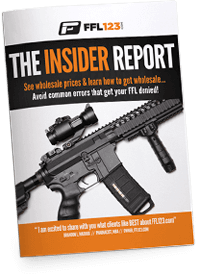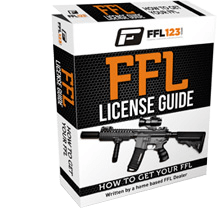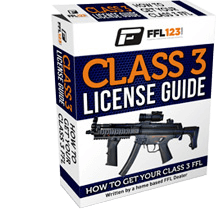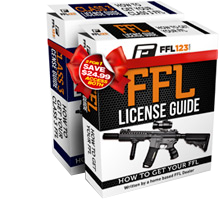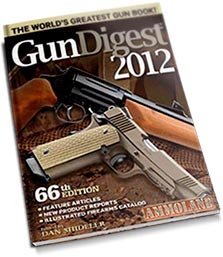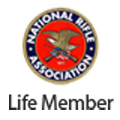Being an FFL means being accurately documenting paperwork and remaining compliant with the rules and regulations set in place to regulate firearms and ammunition. These rules go into sales, as wells as manufacturing. You have to abide by your common gun laws regarding sales, inventory storage, and more. Plus if you become a SOT (Class 3 dealer), you have to deal with additional regulations, under the National Firearms Act. If you ever become a manufacturer or even a gunsmith with an FFL Type 07, you may have to comply with ITAR (International Traffic in Arms Regulations). Our FFL123.com members’ forums have been covering this topic since 2005. See here….
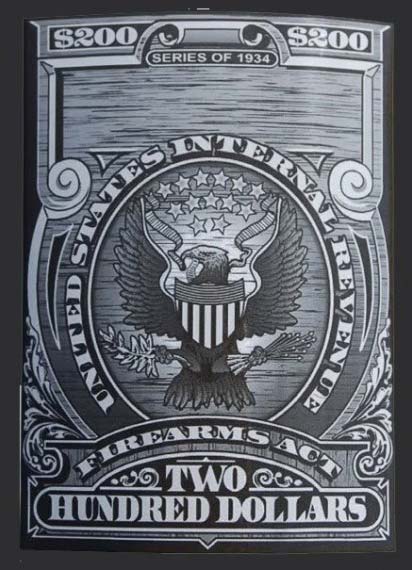
ITAR is the International Traffic of Arms Regulations. The idea behind this program is to provide guidance and regulations to reduce the risks of firearms falling into the wrong hands internationally. This makes sense for regulating the export of weapons from the United States. ITAR keeps a big list of “Do not sell,” and this list includes groups like ISIS, the IRA, and governments we may not get along with.
It sounds great on paper, but like a lot of government programs it becomes bloated and starts to become a bit ridiculous. If you are looking to export firearms, this makes sense. Unfortunately, you may have to register with ITAR even if you want to manufacture firearms and ammunition with no intention ever to export them. Even something as simple as making an AR 15 might require ITAR registration.
ITAR registration is obviously a large amount of paperwork. As well as forking out that good old-fashioned money. The flat rate for the first year is currently $2,250. This makes sense for massive companies like FN who regularly manufacture everything from handguns to heavy machine guns for export and use with militaries around the world. But, what if you want to build custom bolt action rifles for hunters? You might still have to get your FFL Type 07 and then register with ITAR.

Not Exactly Commercially Available
As you can see the program isn’t precisely discerning and lacks a good dose of common sense. There is good news though. If you have a Type 07 FFL and you only plan to manufacture commercially available firearms the ITAR burden may finally be loosened. An ITAR update was recently released that has the possibility of making life a lot easier for some manufacturers.
I’ll paste the rule change below, but we’ll talk about what it means first. Deregulating common commercial firearms and ammunition likely means manufacturers of said items will be eased from ITAR burden. Commercially available weapons and ammunition are a bit vague, but it’s safe to consider all Title 1 weapons as commercially available. Title 1 weapons and firearms your non-NFA firearms. Your standard rifles, shotguns, and handguns are all commercially available. On the ammo front, it would likely include your standard nondestructive device ammo. Nonexplosive, armor piercing, etc.

Commercially available
One less piece of paperwork and one less fee to pay will be invaluable to small custom shops. If this rule passes, we could see prices drop slightly. Most of all we can see a rise in firearms innovation. The next John Browning could be out there trying his hardest to make the latest and greatest in firearms and ammunition, but be overburdened by frivolous regulation. If you are or want a type 7 FFL, this could be a significant change that benefits your small business.
The Proposed Rule Change is Listed below, take from https://www.reginfo.gov/public/do/eAgendaViewRule?pubId=201710&RIN=1400-AE30
Title: International Traffic in Arms Regulations: Categories I, II, and IIIAbstract:
This rule will revise Categories I, II, and III of the United States Munitions List to include those items that provide the United States with a critical military or intelligence advantage or otherwise warrant control at the highest level. Removed from Category I and III are commercially available firearms and ammunition, which in most cases are available for purchase at retail establishments across the United States and around the world. These firearms and ammunition, as well as other items removed from the United States Munitions List, will continue to be controlled for export under the Commerce Control List of the Bureau of Industry and Security at the Department of Commerce. Transition from control under the United States Munitions List to the Commerce Control List will result in a net reduction in regulatory burden for the affected manufacturing and export community. Under the International Traffic in Arms Regulations, U.S. manufacturers and exporters of defense articles on the United States Munitions List are required to register with the Department of State’s Directorate of Defense Trade Controls and pay an annual registration fee. Under the Export Administration Regulations, there is no comparable registration requirement or fee for items on the Commerce Control List. Therefore manufacturers and exporters of only items transitioned from the United States Munitions List to the Commerce Control List, such as most commercially available firearms and ammunition, will no longer be required to register or pay a fee as part of compliance with U.S. export controls.




